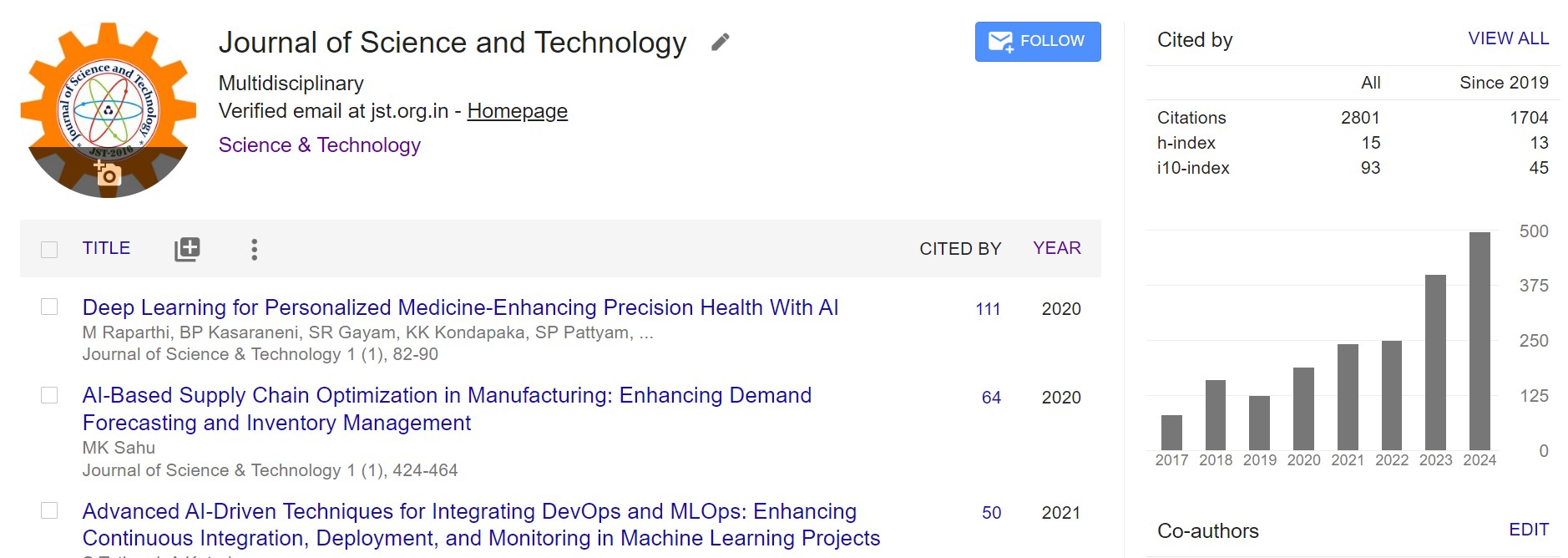DESIGN AND DEVELOPMENT OF LiDAR INTEGRATED DRONE
DOI:
https://doi.org/10.46243/jst.2023.v8.i05.pp117-124Keywords:
Aerial mapping, Drone, Six-propeller layout, RPLiDAR A1M8-R6 sensorAbstract
This research is focused on the design and development of a cutting-edge drone equipped with a cutting-edge RPLiDAR A1M8-R6 sensor. The drone's unique characteristic is its six-propeller layout, which sets it apart from regular drones. The major goal of this project is to use advanced sensor technology to revolutionize aerial mapping and surveillance capabilities. This novel approach intends to alleviate standard drone limitations, particularly in terms of obstacle recognition and mapping accuracy. We anticipate that by using the RPLiDAR A1M8-R6 sensor with a six-propeller arrangement, the drone's navigation and mapping capabilities will be considerably improved. The suggested system includes a custom-built drone that has been precisely manufactured to be lightweight and agile, allowing for improved flying efficiency and maneuverability. The integration of the RPLiDAR A1M8-R6 sensor, known for its outstanding lidar capabilities, is critical to this system. With a 360-degree scan capability and a range of up to 12 meters, this sensor gives highly accurate distance readings and enables efficient obstacle identification. As a result, the integrated drone can easily navigate complex areas while avoiding collisions. The experimental results unambiguously show that the integrated drone outfitted with the RPLiDAR A1M8-R6 sensor, and six propellers outperforms conventional drones in terms of obstacle avoidance, mapping accuracy, and overall flight performance.


























